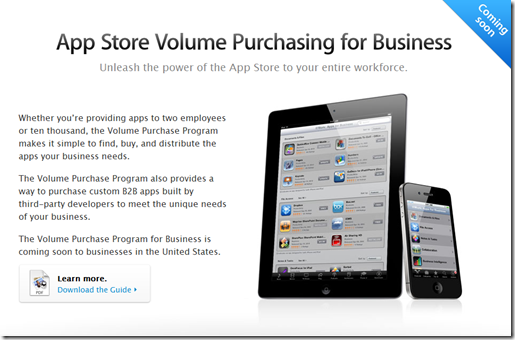![]() I persuaded some colleagues to try Yammer a few years ago and it didn’t really go anywhere. The enterprise collaboration tool that works like the corporate lovechild of Facebook and Twitter, however, seems to have grown up; a more polished Facebook-esque interface, excellent private group collaboration and other features lends it great potential – which I’m only just beginning to scratch, a week in to a new wave of testing.
I persuaded some colleagues to try Yammer a few years ago and it didn’t really go anywhere. The enterprise collaboration tool that works like the corporate lovechild of Facebook and Twitter, however, seems to have grown up; a more polished Facebook-esque interface, excellent private group collaboration and other features lends it great potential – which I’m only just beginning to scratch, a week in to a new wave of testing.
The real challenge is in driving adoption and the strategy this time around is to define where in the business it’d be useful before we roll it out. I’m exploring lots of different options, as well as working up a dev wish list of the nice people at Yammer (it’s not perfect; what tool is?). Oddly, having told people that its just in testing and not to worry about signing up, I’ve got half the company on there – which is a significantly greater impact than I had when I was trying to get a group of testers together three years go…
A few specific bugbears are beginning to emerge – "open" groups cannot be made private (I can understand why the reverse might be true, but no this), there’s no Tweetdeck integration, the Chrome extension is OK but made by a third party and requires you use a browser to actually view updates, and there’s limited built-in collaboration- you have to spin out to Google Apps or some other third party cloud collaboration tool… And it probably needs a bit more M’sft integrations (vcards, calendar invites).
Still, definitely having fun yammering away. See where it goes.







